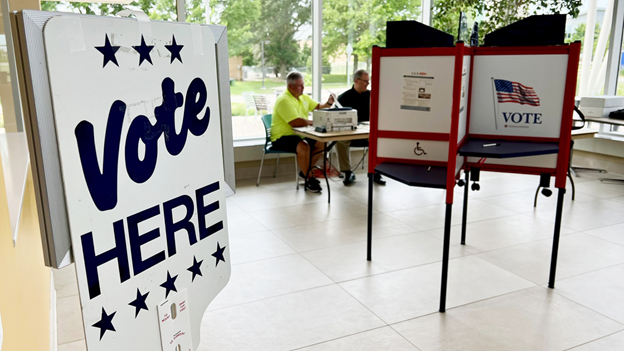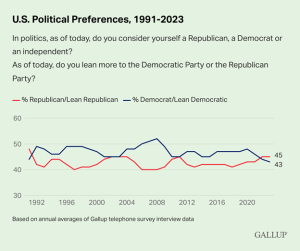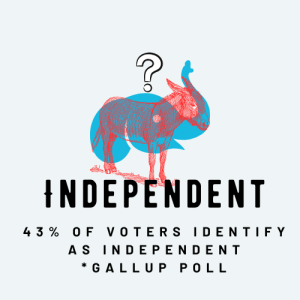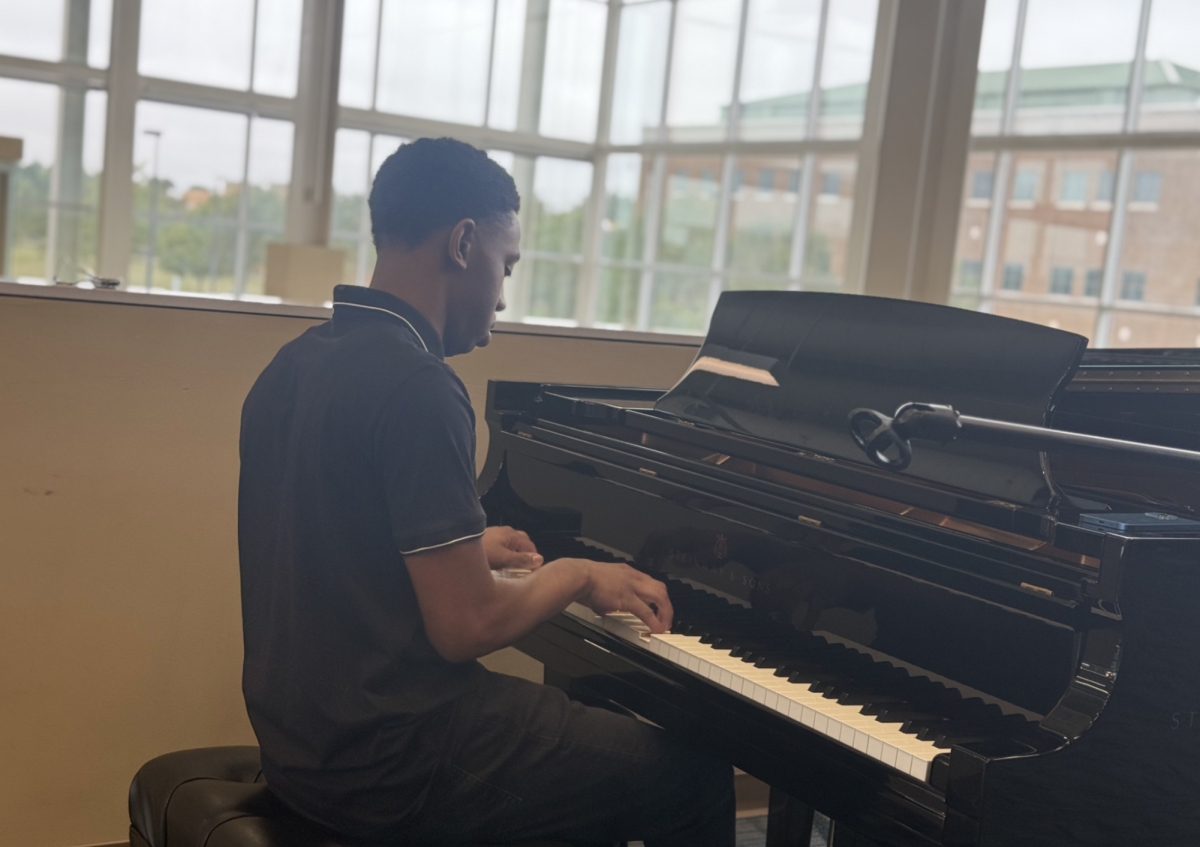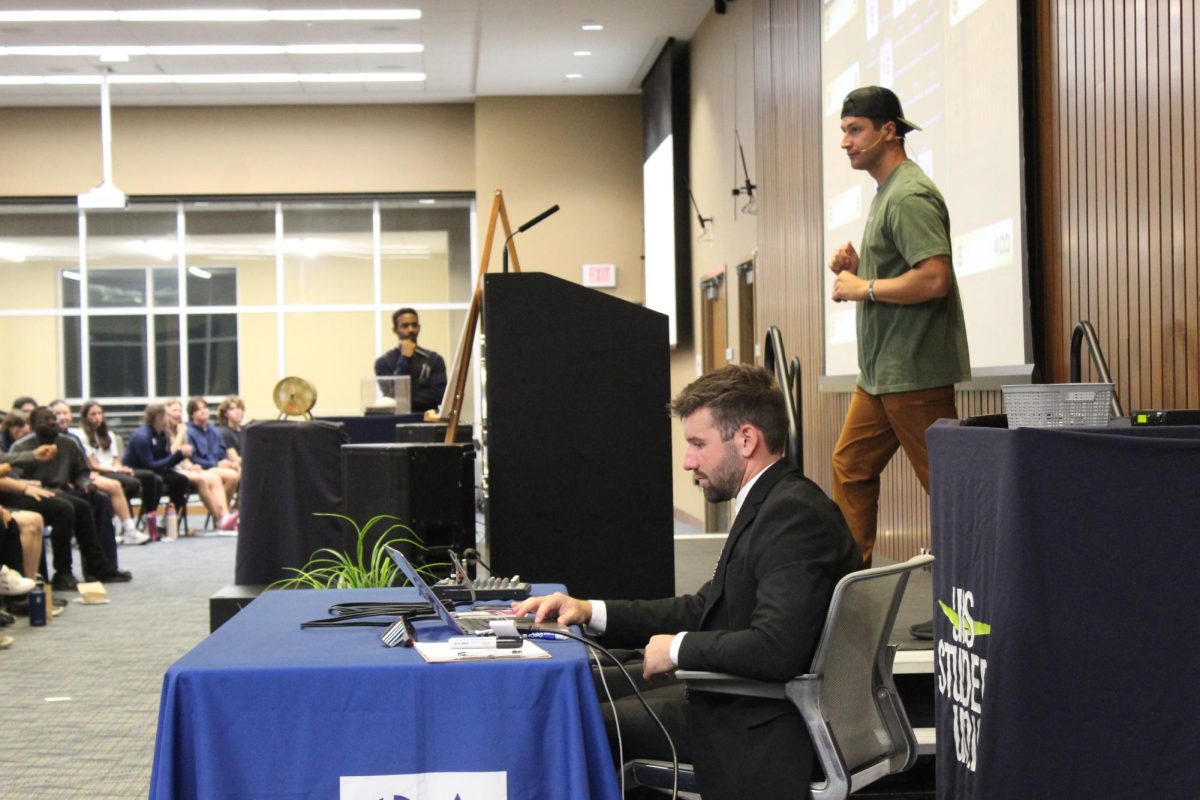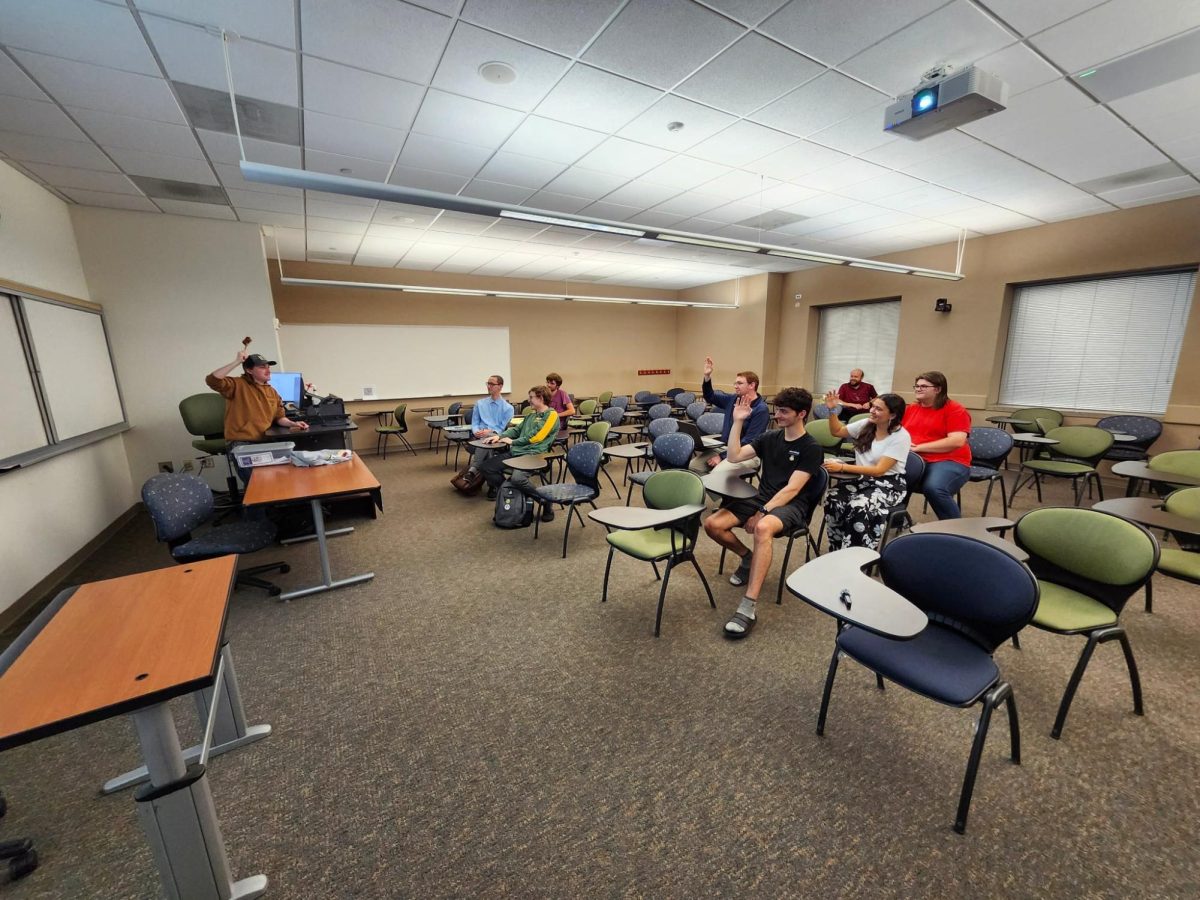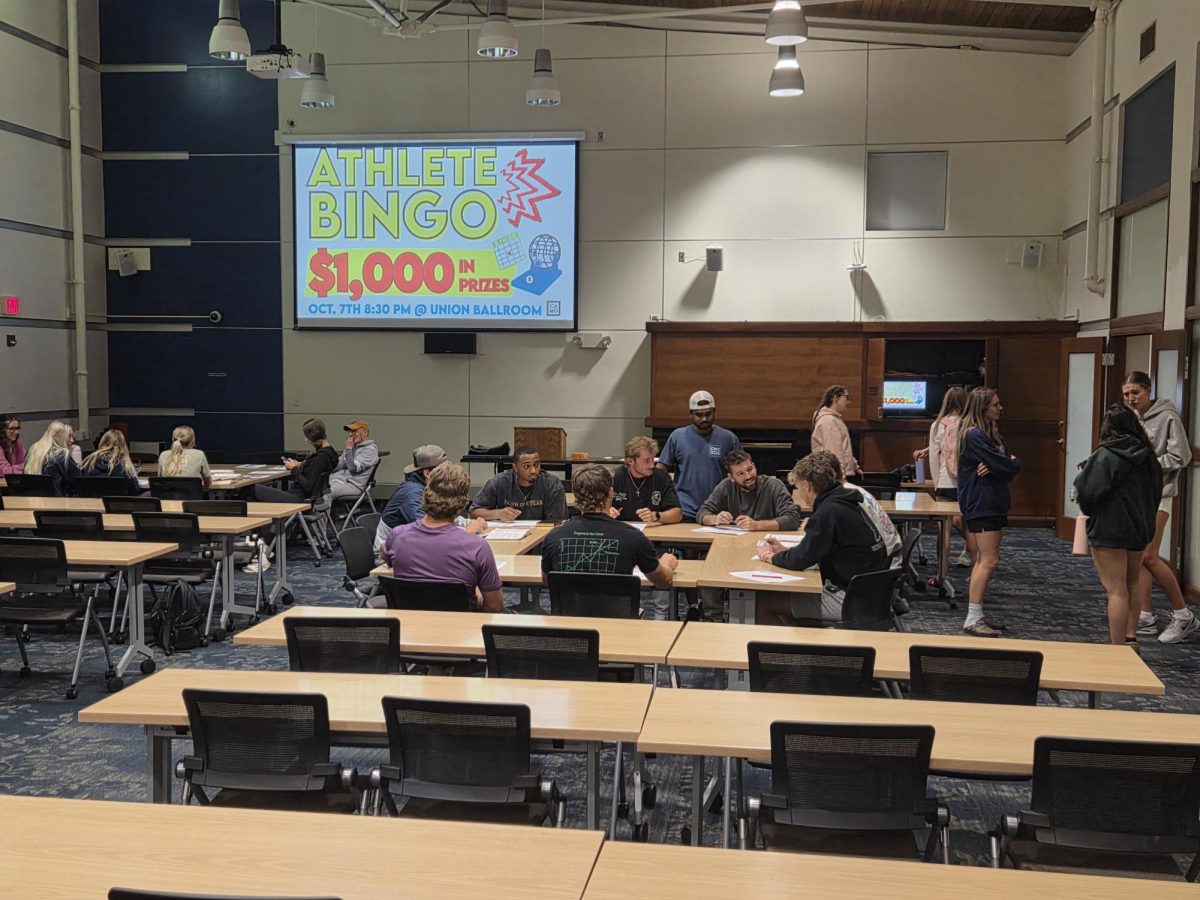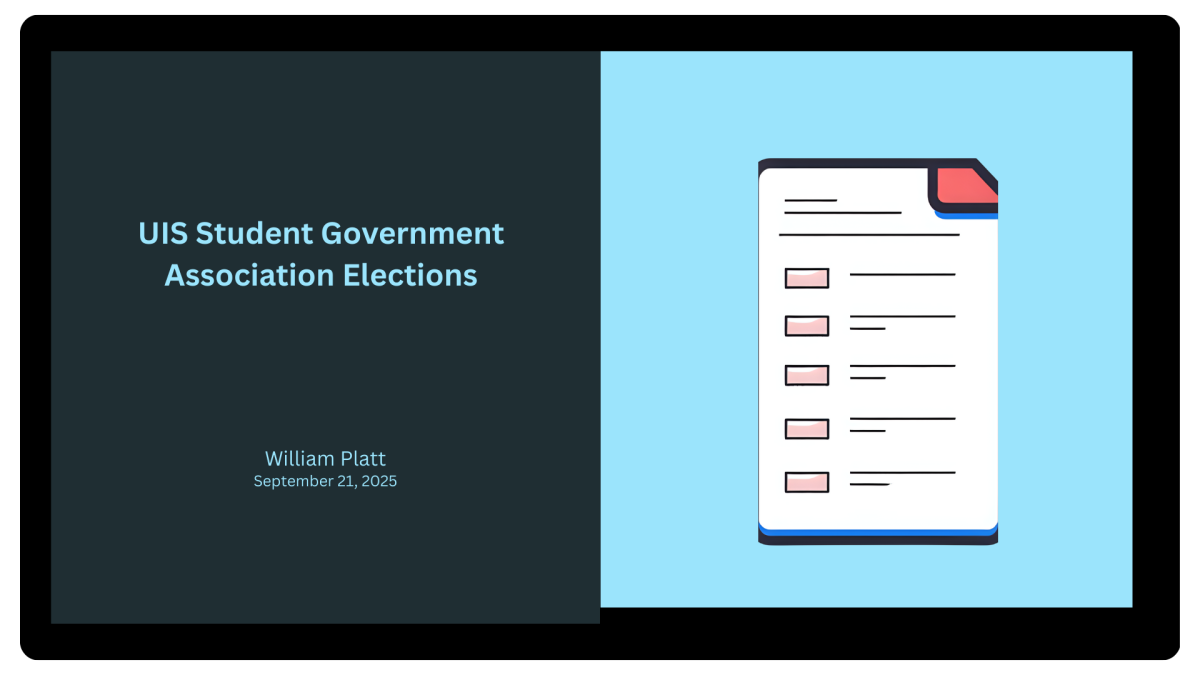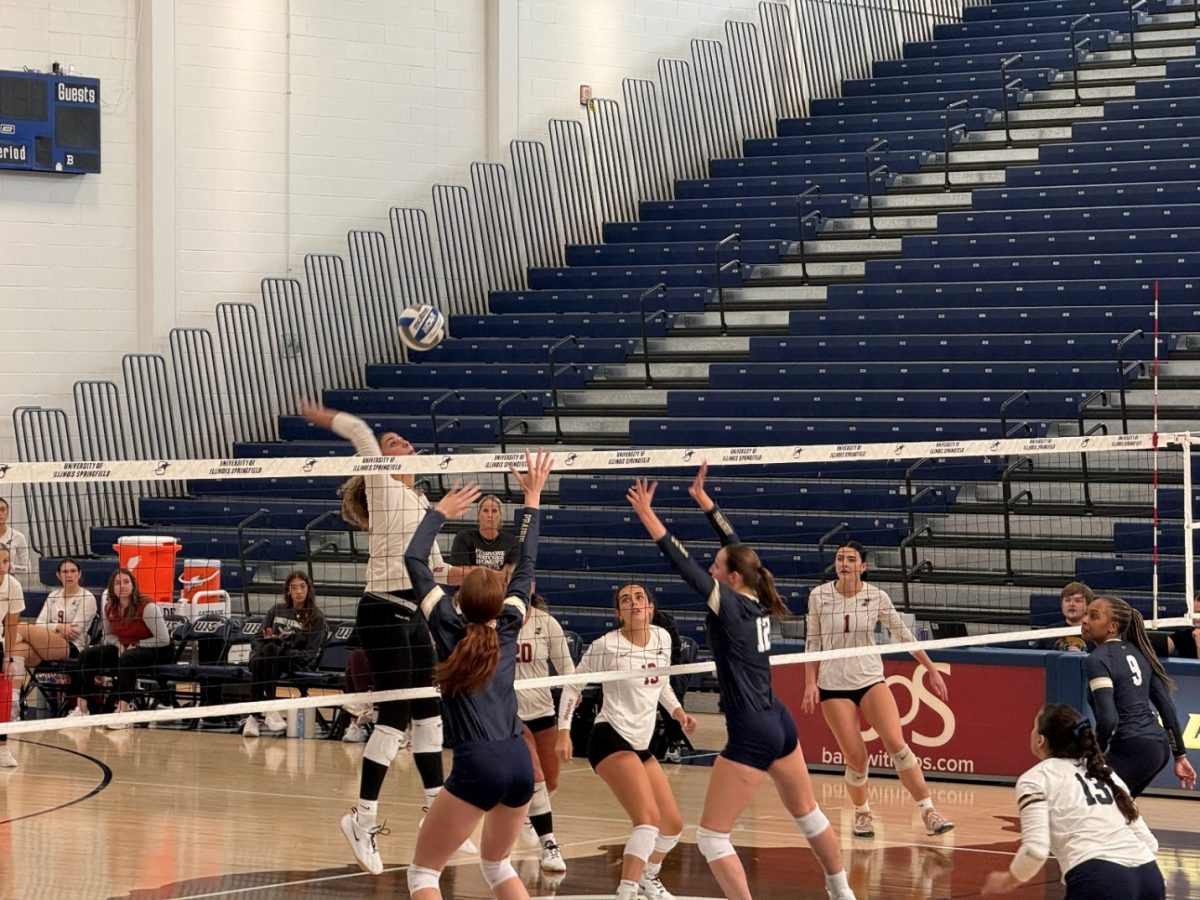Over 40 percent of voters now identify as independent according to a 2023 Gallup poll. The demographic makeup of the electorate is evolving. New voters age into the ability to vote. Most UIS students weren’t old enough to vote in the last presidential election. What does independent mean to these voters and will it impact the Nov. 5 election?
For younger voters, particularly at the University of Illinois Springfield (UIS), the independent label holds a different meaning.
UIS student Carl Burts says, “I am an independent voter. For me, in terms of voters, there is not really one side that I can identify on. I feel like both sides have things that make sense and at the same time, I do not agree with. I vote with whatever I think is the best morally. I think all politicians are crooked. It is just finding which one you feel has your best interest at heart.”
The polls show the race between Kamala Harris and Donald Trump is too close to call. Most are within the margin of error. Gen Z voters could have an impact on the election. Nationwide, nearly 42 million 18-to-27-year-olds will be eligible to vote, according to 2022 census data. If these young independent voters turn out on Nov. 5, it could tip the scales to one candidate over the other in pivotal swing states and decide the next president of the United States.
Millennials and Gen Z voters prioritize issues over loyalty to a political party. These issues include women’s reproductive rights, the economy, and student loan debt. Young and independent voters have been difficult to categorize since 2008. Many of them identified with Barack Obama, supported Donald Trump in 2016, and swung back to Joe Biden in 2020.
Independent voters used to be considered more centrist or moderate in their views. That may not be the case today. University of Southern California professor Sara Sadhwani said “While there are more and more people identifying as independent, typically 80 or 85 percent of those people actually identify with one of the two parties.” Most people who identify as independent are disenfranchised by the established parties and the extremes portrayed in the media. They also do not want to publicly identify as part of a party for fear of being labeled by association or causing arguments.
As Election Day approaches, the question remains: Will these young independents turn out in large numbers, and how will they shape the future of American politics?
Their votes could very well decide the outcome of this fiercely contested election.

